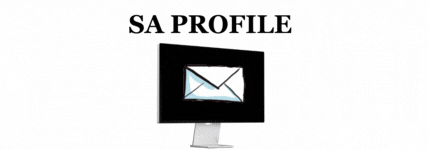The alternative lending market is gathering momentum in South Africa, particularly from a small and medium enterprise (SME) market that often battles to get traditional institution-based financing. And although it’s not formally regulated yet, the industry’s own governing body is breaking new ground to ensure that SMEs are fairly treated and to maintain the industry’s reputation and sustainability.
Founded some seven years ago, the South African SME Finance Association (SASFA)’s membership includes the country’s leading alternative lenders – Merchant Capital, Lulalend and Retail Capital. It aims to encourage the use of alternative lenders, and highlight their role in providing opportunities for SMEs who do not qualify at traditional banks, says SASFA’s Dov Girnun.
“South African SMEs face a huge funding gap, and that often creates opportunities for unscrupulous operators who set alternative lenders back in terms of the challenge they seek to address. We found many other fintechs who shared our concern, and together we founded our own regulatory body that sets clear guidelines and rules for how to lend responsibly,” said Girnun.
“For SMEs, choosing a provider who is a SASFA member gives them the peace of mind that they are dealing with a provider who has their business’s best interests at heart.”
One of SASFA’s main achievements to date is to reduce the occurence of ‘stacking’, where one borrower takes out loans from several different lenders at the same time. This leads to situations where small business owners will struggle to repay all the loans – which creates a major problem not only for the small business owner, but for each lender.
“At SASFA, we have a zero tolerance stacking policy. If unintentional stacking occurs, it is resolved between the members, thereby protecting all lenders who are deploying funding to SMEs,” said Girnun.
SASFA is currently on a drive to ensure as many players in the alternative lending sector as possible become part of the body, as Girnun says it is only a matter of time before the sector attracts formal regulatory interest.
“At that time, it’s important for us to be able to give any future regulator the assurance they need that the industry is acting responsibly and in the best interest of all of South Africa’s SMEs,” he said.



